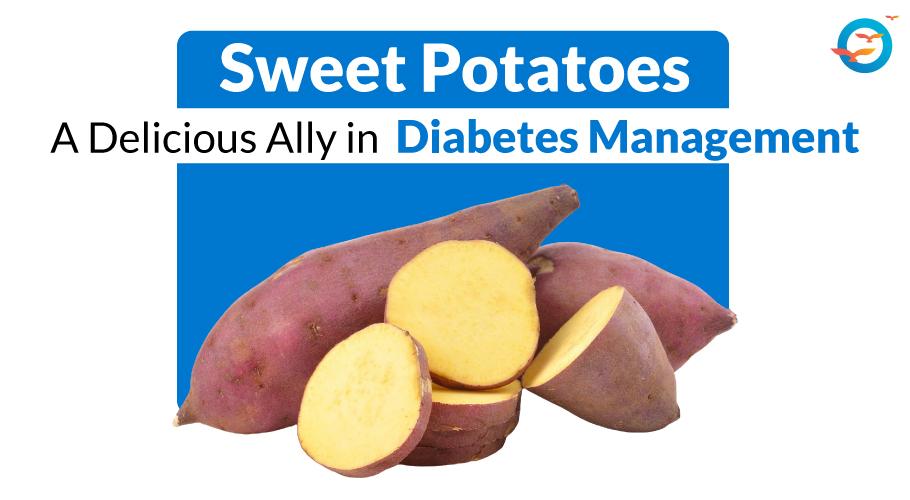Is Sweet Potato Good for Diabetes?
Yes, sweet potatoes can be a healthy choice for people with diabetes—but how you cook and eat them matters.
Diabetes affects how the body handles blood sugar, so choosing the right foods is very important. Sweet potatoes are rich in fiber, vitamins (especially vitamin A from beta-carotene), and antioxidants, which support overall health. But since they are also a starchy vegetable, they contain natural sugars that can affect blood glucose levels.
One key thing to understand is the Glycemic Index (GI) and Glycemic Load (GL)—they tell us how quickly a food raises blood sugar. Boiled sweet potatoes have a lower GI compared to baked or fried versions, which means they raise blood sugar more slowly. This makes boiled sweet potatoes a better option for people with diabetes.
Roasting or frying sweet potatoes can raise their GI, making them less suitable for regular consumption by diabetics. Also, frying adds extra unhealthy fat and calories, which can lead to weight gain and higher blood sugar.
If you have diabetes and want to eat sweet potatoes, it’s important to watch the portion size. A good serving would be about half of a medium sweet potato. Pair it with foods that are low on the GI scale, like leafy vegetables, pulses, or a source of protein such as dal, curd, or paneer. This helps to slow sugar absorption and keeps your meal balanced.
So, while sweet potatoes are nutritious, moderation and the right cooking method are key. Choose boiled over fried, eat small portions, and mix with high-fiber, low-GI foods for the best results.
Sweet potatoes can be part of a diabetes-friendly diet if eaten in small amounts and boiled. Avoid frying and combine them with fiber and protein for better sugar control.
To read more about this, visit our blog.
https://www.freedomfromdiabetes.org/blog/post/sweet-potato-and-diabetes/4207

